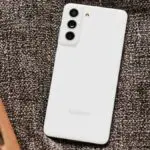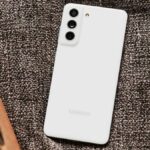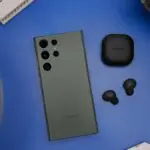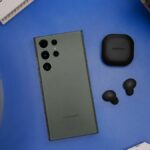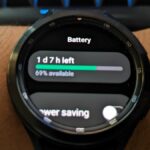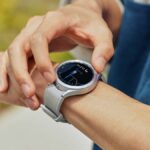
The “Bendgate” controversy surrounding the iPhone 6 Plus has proven that today’s smartphones aren’t designed to be bent, but a new Samsung patent hints at future mobile devices that don’t mind getting a little warped.
The U.S. Patent and Trademark Office granted Samsung a patent this month that could take its smartphone display technology to the next level. While its new Galaxy S6 Edge may be curved, Samsung’s future smartphones could be completely bendable.
Not only will their displays be flexible, but their bodies as well. Samsung describes devices that might retain their shape after they’ve been bent, as well as those that could spring back into their original form factors automatically.
While bendable smartphones may seem like a crazy idea, they could well be the way forward. Flexible displays are much more rugged than today’s rigid ones, and so they’re less likely to shatter into a thousand pieces when you drop them.
Samsung’s patent also describes other ways in which flexible devices could be useful.
“The frame is designed in unique sections that have the ability to open up and grab a user’s clothing and then lock it in temporarily so that a runner, for example, doesn’t have to wear an additional clip, armband and/or strap to hold their smartphone in place,” reports Patently Mobile.
Samsung originally applied for this patent in Q2 2014, so it’s a relatively recent one. As the company is always keen to try new technology in an effort to get ahead of its rivals, flexible Galaxy phones could well be on the horizon.
But don’t get your hopes up too much just yet; this is just a patent, after all.
[via Android Authority]